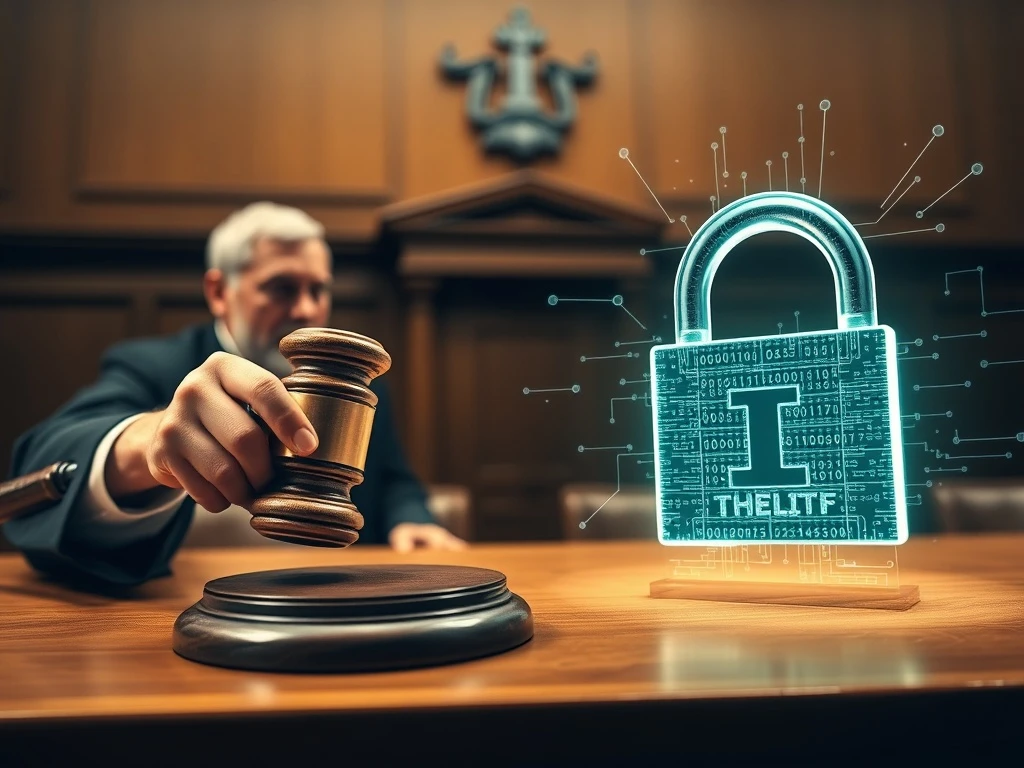Crypto Theft Ruling Shocks Germany: Urgent Legal Reforms Needed Now

In a shocking decision, a German court has ruled that cryptocurrency theft is not a criminal offense under current law. This landmark ruling exposes critical gaps in legal protections for digital assets and could leave millions vulnerable to theft. Here’s what you need to know.
Why Did the German Court Rule Crypto Theft Isn’t a Crime?
The Braunschweig Higher Regional Court based its decision on Section 242 of the German Criminal Code, which defines theft as the unauthorized taking of “movable property.” The court concluded that cryptocurrencies, being intangible, don’t fit this definition. Key points from the ruling:
- Cryptocurrencies lack physical form, excluding them from traditional theft laws.
- Blockchain transactions involve authorized network operators, ruling out computer fraud charges.
- The decentralized nature of blockchain complicates identifying unauthorized actors.
How Does This Ruling Impact Blockchain Technology and Digital Assets?
The decision highlights the challenges of applying outdated laws to innovative blockchain technology. Without criminal penalties, victims of crypto theft may have limited recourse. Legal experts warn:
- Civil lawsuits remain an option but are costly and complex.
- The ruling creates a “protection gap” for digital assets.
- Urgent legislative reforms are needed to address crypto-specific crimes.
What Legal Reforms Could Follow This Crypto Theft Ruling?
Analysts predict Germany will soon update its laws to include cryptocurrencies under theft statutes. Potential reforms include:
| Current Law | Proposed Change |
|---|---|
| “Movable property” definition excludes crypto | Expand to include digital assets |
| No specific crypto theft provisions | Create dedicated digital asset crime laws |
How Can Crypto Users Protect Their Digital Assets Now?
With criminal protections weakened, security becomes paramount. Experts recommend:
- Use hardware wallets for private key storage
- Enable multi-factor authentication
- Stay informed about legal developments
This ruling serves as a wake-up call for global crypto regulation. As blockchain technology evolves, legal systems must adapt to protect digital assets effectively. The coming months will likely see intense debate and rapid reforms in Germany and beyond.
Frequently Asked Questions
Can victims of crypto theft still get their money back?
Yes, but only through civil lawsuits which are often expensive and time-consuming compared to criminal cases.
Does this ruling affect all cryptocurrencies?
The decision applies broadly to all digital assets that meet the court’s criteria of being intangible and decentralized.
How soon might legal reforms happen?
Legal experts predict Germany could introduce new legislation within 6-12 months given the urgency highlighted by this case.
Does this mean crypto theft is now legal in Germany?
No, it means current laws don’t provide criminal penalties. Theft remains wrong, just harder to prosecute under existing statutes.
Should crypto investors be worried about this ruling?
While concerning, the ruling will likely accelerate much-needed legal reforms. In the meantime, investors should prioritize security measures.







